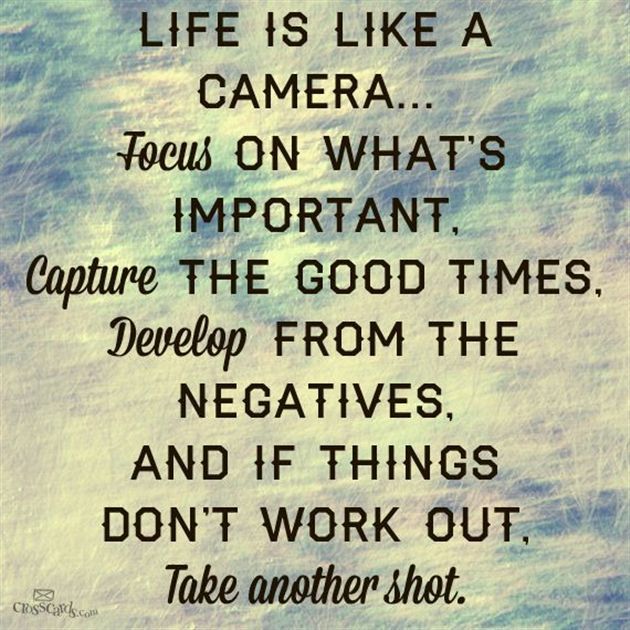Gift giving is a big deal in Japan. Japanese people always bring back some kind of gift for their friends and co-workers whenever they visit someplace other than where they live. This gift is called an omiyage (お土産) pronounced oh-me-yah-geh. In Japanese culture, relationships are very important. The gift is not supposed to be ostentatious but rather something that one brings back that is reminiscent of one's trip. Usually, it is some local food that the place is known for called meibutsu or some people bring back some type of chotchkie. When one goes away, they leave others behind and this gift is supposed to say, "I value our relationship and think of you when I am away." Relationships in Japan have a interesting circle of debt (giri) and dependency (amae). Giri and amae can be thought of as "I owe you and you depend on me." For instance, you bring back cookies for the office because those people covered for you while you were away.
Because the gifts are about relationships, the Japanese go to painstaking efforts in their presentation. One way they to ensure the relationship's importance is in the way the gift is wrapped. As with all Japanese things, there is a special way to do it. Whenever one buys a gift in Japan at a local food stand or a department store, it is wrapped but it is wrapped in a way so that the presentation doesn't offend or embarrass anyone.
I love the way gifts are wrapped in Japan. Every Christmas I try and wrap some of my gifts "Japanese style" but it never quite comes out the way they do it in Japan. Here are some videos demonstrating this great wrapping technique.
https://www.youtube.com/watch?v=2lKI8spgvgk
https://youtu.be/fh_Rg6e4SY8










